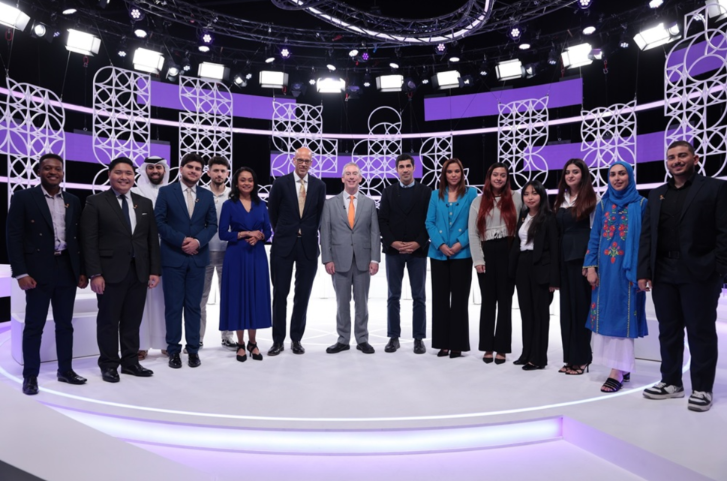
Others
Doha Debates asks: Is ‘earned success’ an illusion?
Doha Debates, part of Qatar Foundation, convened global thinkers, economists, and students for a compelling discussion centered on a provocative question: Can success ever be truly earned? The latest flagship episode explored whether hard work and talent remain the defining factors of achievement, or whether the idea of “earned success” masks deeper inequalities.
Yale Law School’s Daniel Markovits argued that modern meritocracy no longer promotes fairness. Instead, he said, it reinforces inherited privilege. “Meritocracy has become the principal obstacle to equality of opportunity, at least in the rich countries of the world,” he warned, emphasizing that elite education and entrenched competition have limited real social mobility.
Offering a contrasting perspective, Bryan Caplan, Professor of Economics at George Mason University, suggested that meritocracy is possible under freer global labor movement. “Meritocracy is pretty real if we actually had open borders where anyone could work anywhere,” he noted, arguing that prosperity is closely tied to personal responsibility and freedom of movement.
From a human-centered and social equity standpoint, Dr. Poornima Luthra, Associate Professor at Copenhagen Business School, questioned the premise that everyone has equal access to opportunity. “Meritocracy is a belief… In reality, people experience bias and discrimination across many aspects of their identity,” she said.
Parag Khanna, Founder and CEO of AlphaGeo, offered a global outlook, arguing that meritocracy can function if societies rely on expertise and informed leadership. “Meritocracy can work if the most qualified people are making decisions about the shape and direction of society,” he said, highlighting governance models that reward skill and mobility.
Students from universities across Qatar added generational insight to the debate.
Sundus Saeed, 26, a social sciences student at Hamad Bin Khalifa University, said, “The system often ensures that people stay out, and if someone rises, hurdles are placed in their way to maintain the status quo.”
In contrast, Carl Jambo, 22, an international economics student at Georgetown University in Qatar, remarked, “Meritocracy gives you the platform to prove yourself, an individual against the world.”
Filmed in Doha Debates’ Majlis-style format, the episode reflects the platform’s commitment to hosting open, truth-seeking conversations that challenge audiences to rethink fairness, privilege, and pathways to opportunity.
📢
Advertisement Space
750x200 pixels
Click to book this space
Comments (0)
Please log in to post a comment
Login to CommentNo comments yet. Be the first to share your thoughts!